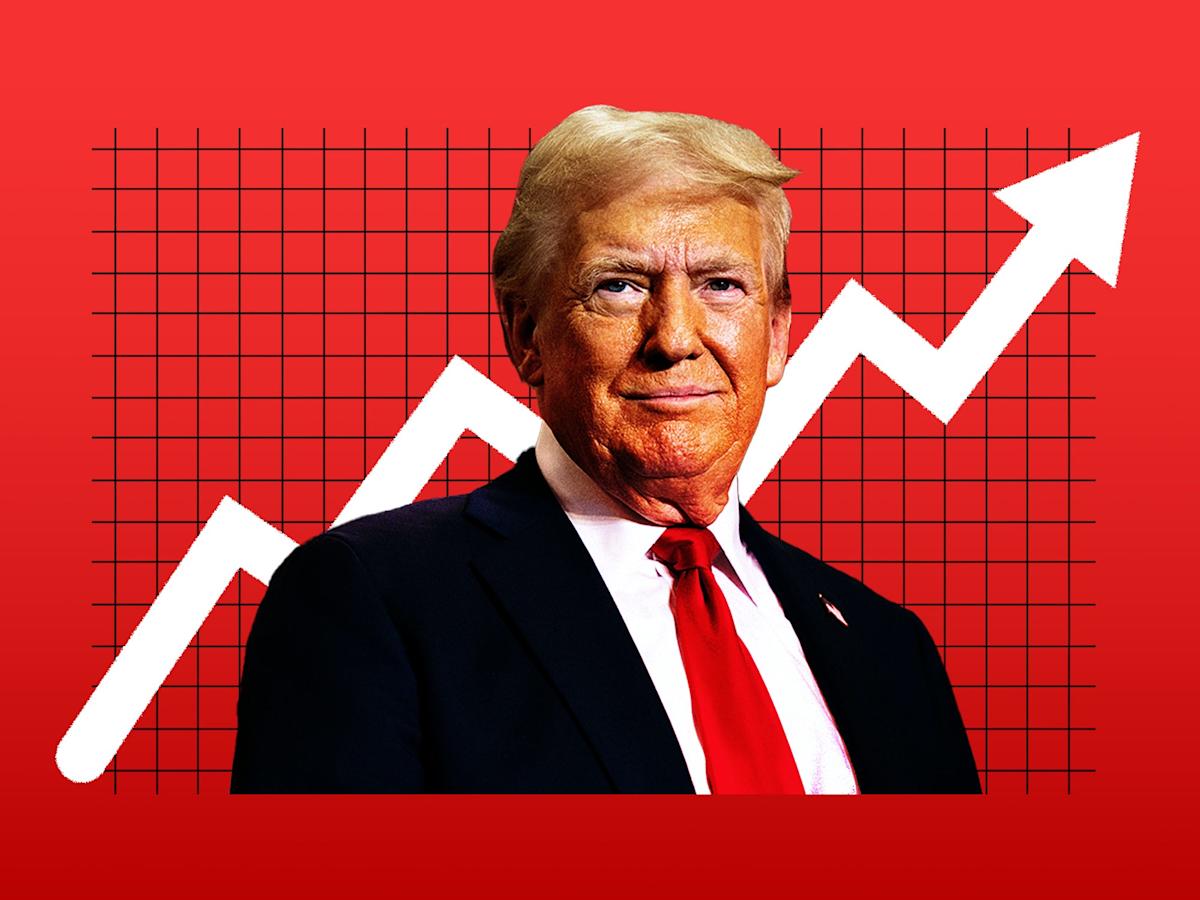-
Trump’s tariffs have led some companies to announce that they plan to raise prices.
-
Even before his so-called “Liberation Day,” companies warned they would pass costs on to shoppers.
-
BI is keeping track of companies that said they’d raise prices due to tariffs.
Prices are expected to go up this year as many companies signal plans to raise them in response to President Donald Trump’s slew of tariffs.
While firms raise prices for many reasons, some were blaming price hikes on tariffs long before Trump’s so-called “Liberation Day” on April 2, during which he announced a 10% baseline tariff on imports from most countries, except Canada and Mexico, and a host of “reciprocal” tariffs on top of that.
The situation is fluid. China, for example, now faces tariffs of 30%, down from 145%, after striking a 90-day trade deal with the US that does not restore the de minimis exemption, and both countries now say they’ve agreed to a framework for a trade deal. Autos are another area of focus after Trump announced a 25% tariff on all car imports into the US, though he’s since exempted imports of cars and car parts from Mexico and Canada.
Some economists have said that Trump’s tariffs — and the uncertainty with his overall trade policy — could lead companies to raise prices on the goods they produce.
Here are the companies that have implemented or warned of price increases in recent months.
Nike is planning to raise prices in order to offset an expected $1 billion additional tariff costs in the 2026 fiscal year, the company told investors in a June 26 earnings call.
“These tariffs represent a new and meaningful cost headwind,” said CFO Matthew Friend during the analyst call about Nike’s 2025 fiscal year.
The company will be implementing a “surgical price increase” starting this fall in the US, with “phased implementation.” The company hasn’t revealed which products will be affected, or by how much prices will increase.
In its Q1 earnings report on May 28, Macy’s announced it was reducing its earnings outlook for the year because of several factors, including higher tariffs and consumers’ moderating their discretionary spending.
In a post-earnings call, Macy’s CEO, Tony Spring, added that the department store chain would be raising prices on some items to account for higher tariffs.
Spring said that higher “pricing is working its way into the system slowly,” adding, “That’s why we have taken a more cautious approach to our outlook for the year.”
-
Trump’s tariffs have led some companies to announce that they plan to raise prices.
-
Even before his so-called “Liberation Day,” companies warned they would pass costs on to shoppers.
-
BI is keeping track of companies that said they’d raise prices due to tariffs.
Prices are expected to go up this year as many companies signal plans to raise them in response to President Donald Trump’s slew of tariffs.
While firms raise prices for many reasons, some were blaming price hikes on tariffs long before Trump’s so-called “Liberation Day” on April 2, during which he announced a 10% baseline tariff on imports from most countries, except Canada and Mexico, and a host of “reciprocal” tariffs on top of that.
The situation is fluid. China, for example, now faces tariffs of 30%, down from 145%, after striking a 90-day trade deal with the US that does not restore the de minimis exemption, and both countries now say they’ve agreed to a framework for a trade deal. Autos are another area of focus after Trump announced a 25% tariff on all car imports into the US, though he’s since exempted imports of cars and car parts from Mexico and Canada.
Some economists have said that Trump’s tariffs — and the uncertainty with his overall trade policy — could lead companies to raise prices on the goods they produce.
Here are the companies that have implemented or warned of price increases in recent months.
Nike is planning to raise prices in order to offset an expected $1 billion additional tariff costs in the 2026 fiscal year, the company told investors in a June 26 earnings call.
“These tariffs represent a new and meaningful cost headwind,” said CFO Matthew Friend during the analyst call about Nike’s 2025 fiscal year.
The company will be implementing a “surgical price increase” starting this fall in the US, with “phased implementation.” The company hasn’t revealed which products will be affected, or by how much prices will increase.
In its Q1 earnings report on May 28, Macy’s announced it was reducing its earnings outlook for the year because of several factors, including higher tariffs and consumers’ moderating their discretionary spending.
In a post-earnings call, Macy’s CEO, Tony Spring, added that the department store chain would be raising prices on some items to account for higher tariffs.
Spring said that higher “pricing is working its way into the system slowly,” adding, “That’s why we have taken a more cautious approach to our outlook for the year.”












Leave feedback about this